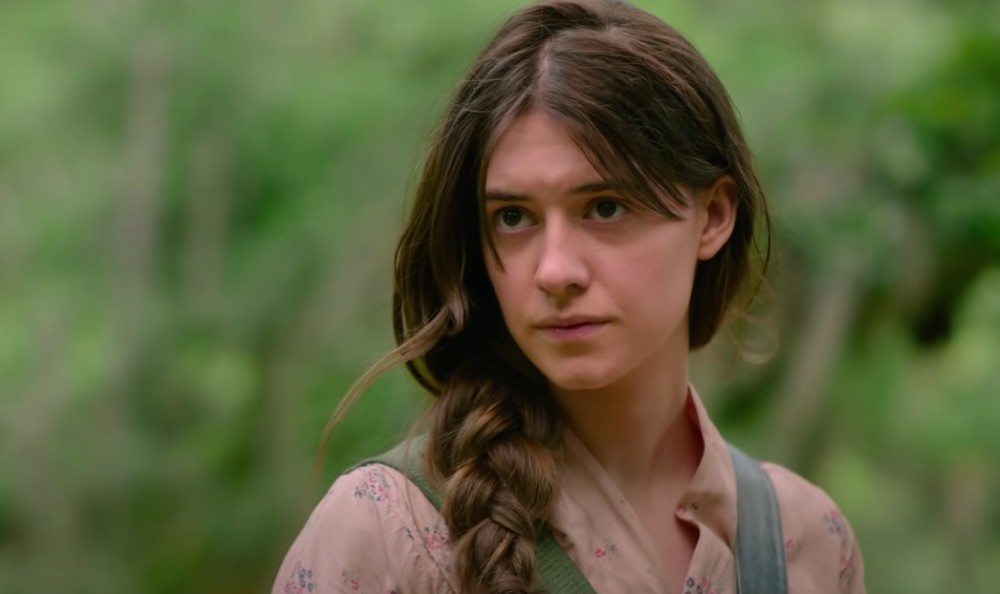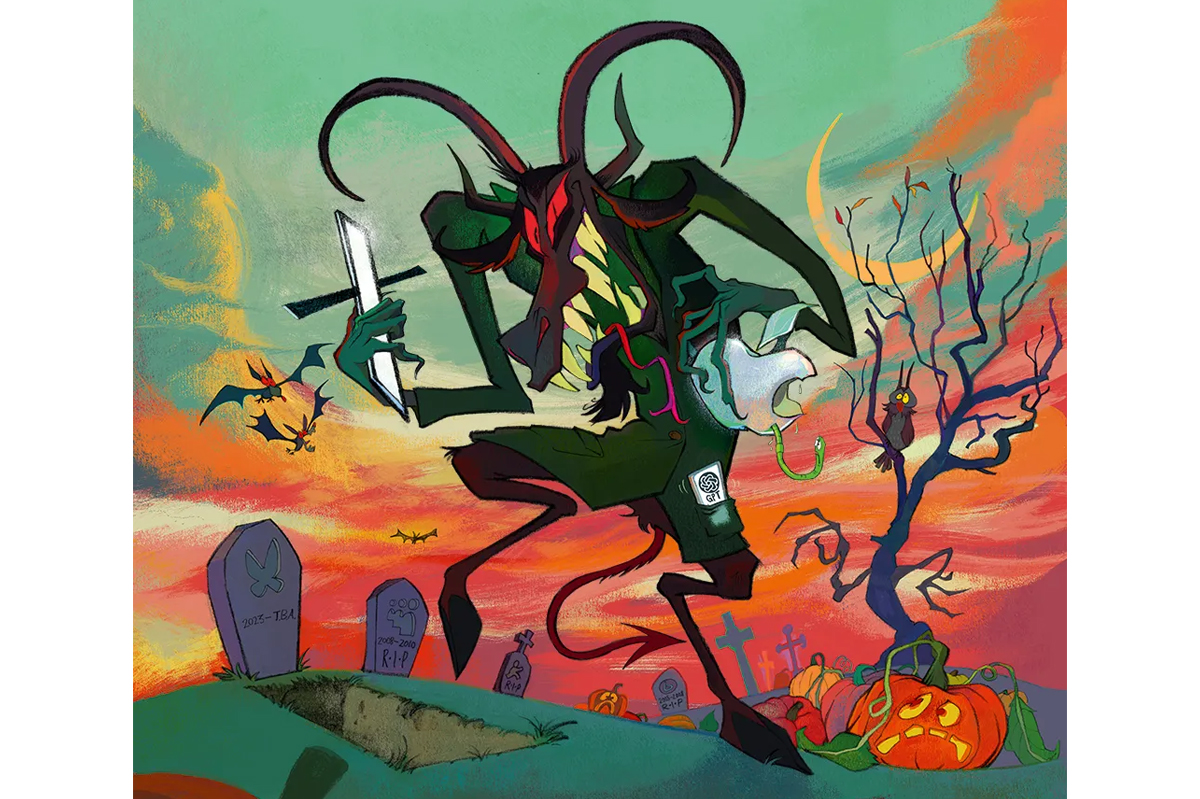Delia Owens’s novel was probably destined to be a bestseller. How many books manage to combine a distinctive sense of natural “place” — the marshes surrounding the North Carolina town of Barkley Cove — with themes of survival, romance, and murder? And with a bestseller comes a film adaptation; hence the recently released Where the Crawdads Sing, which is playing in theaters now.
When the town’s golden boy Chase Andrews (Harris Dickinson) is found dead at the base of a rickety wooden tower, blame immediately falls on the enigmatic Kya Clark (Daisy Edgar-Jones, likely best known for her recent starring turn in Normal People), who lives alone in a rickety house deep within the marsh. Kya soon finds herself prosecuted for Chase’s murder, in a showdown that tests the townsfolk’s compassion towards “outsiders.”
As the trial unfolds, Kya’s life story unfolds through a series of extended flashback sequences: her early abandonment by mother and father alike, her years of solitude and nature study in the swampy wilderness, and her first love (and heartbreak) with budding research biologist Tate Walker (Taylor John Smith). When Kya’s brief rebound romance with Chase ends in tragedy — a breakup that coincides suspiciously with his unexpected death — the townspeople’s lingering suspicions of Kya boil over.
Owens is a good storyteller, and unsurprisingly there are things to like here. Edgar-Jones is perfectly cast as Kya and gives a committed performance, capturing the character’s unstable mix of confidence and fragility. Mychal Danna’s score successfully evokes the coastal South. And Taylor Swift’s contribution to the soundtrack, a haunting theme reminiscent of her Folklore and Evermore albums, is decidedly a winner.
But Crawdads as a whole fails to deliver.
Director Olivia Newman’s decision to mimic the novel’s opening — beginning with the discovery of Chase’s murder, and then rewinding to explore Kya’s backstory and the surrounding events — is a serious miscalculation. Flashback sequences end up being intercut with snippets of Kya’s murder trial, a structural choice that drains most of the tension from the legal proceedings. By contrast, in the novel, the actual trial doesn’t kick into high gear until the story’s closing pages, allowing it to build into a genuinely white-knuckle climax. Why not begin with Kya’s tragic background and shift Chase’s murder to the third act?
Such a shift would help underscore an important motif: the real protagonist of Owens’s story isn’t her human heroine, but the Carolina marsh itself. Page after page is devoted to the natural treasures that Kya uncovers in swamplands that are too often taken for granted. Accordingly, one would expect a film like this to be filled with meditative, Terrence Malick-style shots of the scenery. But far too few of those are present here. Instead, the movie suffers from persistently jittery editing that cuts back and forth between characters without letting any images linger, almost as if it’s afraid to trust its audience to stay engaged.
A further frustration is the film’s insistence on sanitizing its source material. For instance, one never gets the sense that Kya’s struggling family — or the town of Barkley Cove itself — are particularly poor, despite the fact that the novel repeatedly depicts a grinding, knife’s-edge struggle for survival (think The Notebook meets Hatchet). Similarly, the fact that the film’s protagonists are always perfectly groomed, despite spending most of their time in a festering marsh, is positively distracting.
The bowdlerization, though, goes even deeper. At the heart of this story is a conflict of three moral visions, one that never quite becomes explicit. There’s the bourgeois midcentury liberalism of Chase and Barkley Cove’s elite, one that prizes conformity and order above all else, and then there’s the devout Christianity of the black couple that treats Kya like a surrogate daughter (which, remarkably, is preserved onscreen; this may be the most positive portrayal of Christianity in a mainstream film in years). But there’s also Kya’s naturalistic “paganism,” a kind of wilderness ethic derived from sustained observation of the creaturely world around her. It’s these radically different value systems that underpin the characters’ decisions and life paths, and that ultimately bring them into conflict with one another. And it’s the alienness of Kya’s worldview that makes her such an interesting character and makes the novel such a good read.
Elements of this dynamic are still present in the film, but they’re reduced to subtext at best. Far easier, of course, to make Kya simply a classic romantic heroine caught in a love triangle between two handsome men. At its best, Crawdads plays as mostly just a frothy romantic drama; at its worst, it’s boring.
Crawdads is competent enough, and probably isn’t the worst way to spend a summer evening. But a film like this one could’ve been so much more.

























